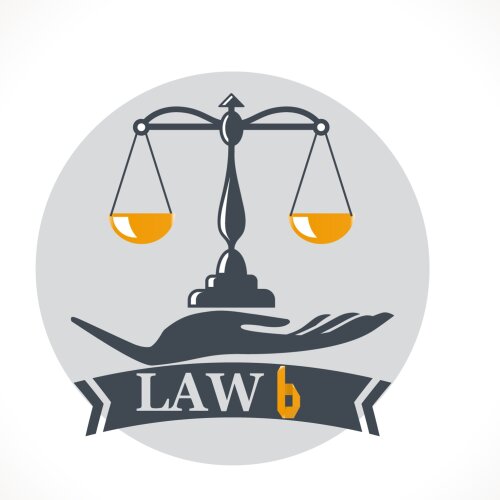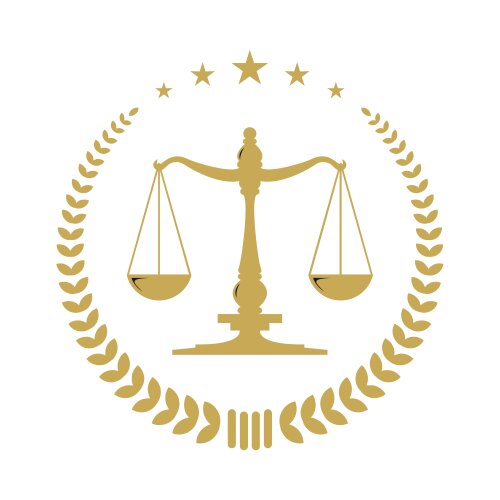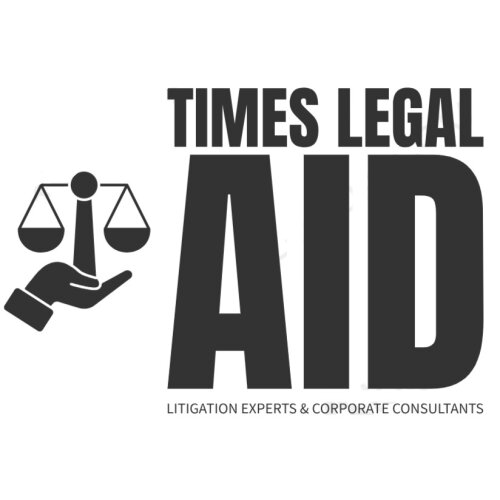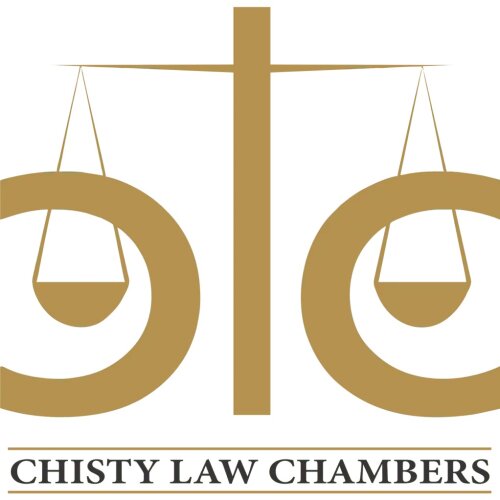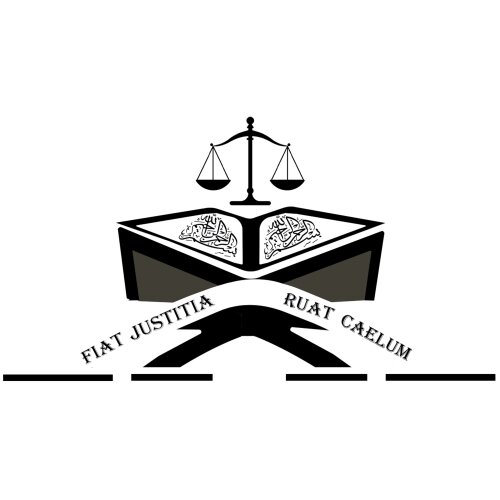Best Government Relations & Lobbying Lawyers in Islamabad
Share your needs with us, get contacted by law firms.
Free. Takes 2 min.
List of the best lawyers in Islamabad, Pakistan
About Government Relations & Lobbying Law in Islamabad, Pakistan
Government Relations and Lobbying in Islamabad, Pakistan, involve the systematic effort to influence public policy through various channels such as advocacy, representation, and negotiation with government officials and agencies. Lobbying is a critical component of democratic governance, allowing different stakeholders, including businesses, civil society, and interest groups, to present their perspectives to lawmakers. Although a formal and established industry in some countries, lobbying in Pakistan is still evolving and often interwoven with broader public affairs and government relations activities. Regulations are in place to ensure transparency and integrity, fostering a fair process for all involved parties.
Why You May Need a Lawyer
Legal expertise in government relations and lobbying is crucial in several scenarios, including:
- Understanding and complying with regulations surrounding lobbying activities to avoid legal repercussions.
- Negotiating and drafting agreements with government entities and ensuring they adhere to all legal norms.
- Dispute resolution in cases of conflict with governmental bodies or misunderstanding of regulations.
- Guidance on transparency and disclosure requirements to maintain credibility and integrity in lobbying activities.
- Advising on strategic communication and advocacy to effectively engage with policymakers.
Local Laws Overview
The legal landscape governing government relations and lobbying in Islamabad includes various regulations, acts, and guidelines. Key aspects include:
- Registration and Reporting: Any entity or individual involved in lobbying activities must be registered with relevant authorities to ensure transparency.
- Code of Conduct: Lobbyists are expected to abide by a codified set of ethical guidelines governing their interaction with officials.
- Transparency Regulations: Clear records of lobbying efforts, including financial disclosures, are required to be maintained and periodically submitted.
- Conflict of Interest Rules: Lobbyists must avoid situations where their interests might conflict with unbiased policymaking.
Frequently Asked Questions
What is Lobbying and how is it regulated in Islamabad?
Lobbying is the process of influencing decision-makers on behalf of interests or stakeholders. In Islamabad, it is regulated through registration, mandatory disclosure requirements, and adherence to a code of conduct.
Who needs to register as a lobbyist?
Any individual or entity that engages in lobbying activities intended to influence government actions must register with the designated government body overseeing this sector.
Are there any restrictions on who can be a lobbyist?
While anyone can technically be a lobbyist, certain restrictions apply. Government officials may be restricted from lobbying activities for a period after leaving public office.
What role does a lawyer play in lobbying?
A lawyer ensures all lobbying activities comply with relevant laws and helps navigate the regulatory environment, creating strategies that align with legal and ethical standards.
What are the consequences of non-compliance with lobbying laws?
Non-compliance can lead to fines, penalties, and damage to reputation. Severe violations can result in a ban from conducting further lobbying activities.
How can I ensure my lobbying efforts are transparent?
Maintain thorough documentation of all lobbying activities, regular financial disclosures, and comply with all reporting requirements set by regulatory bodies.
Is lobbying considered unethical?
Lobbing itself isn't unethical. It's a crucial democratic process. Unethical practices arise when it lacks transparency and fairness, undermining public trust.
Can foreign entities lobby in Pakistan?
Yes, but foreign entities must adhere to additional regulatory requirements, including obtaining prior approvals and strictly adhering to local laws.
What kinds of activities are considered lobbying?
Lobbying includes direct communication with policymakers, submitting policy papers, organized advocacy campaigns, and any efforts to influence legislation or regulation.
How often must lobbyists report their activities?
Reporting schedules can vary, but typically, lobbyists must submit activity reports on a quarterly or annual basis, depending on the regulations imposed by authorities.
Additional Resources
- The Ministry of Law and Justice: Provides regulatory details and updates relevant to legal compliance.
- The Pakistan Bar Council: Offers resources and directories to find specialized legal practitioners.
- Transparency International Pakistan: A civil society organization that works to promote transparency and accountability.
Next Steps
If you require legal assistance in government relations and lobbying:
- Identify and document the specific legal issues or challenges you face.
- Consult the Pakistan Bar Council to locate experienced lawyers specializing in government relations.
- Prepare a list of questions and relevant documentation before meeting the lawyer.
- Discuss your situation in detail to receive tailored and strategic legal advice.
- Follow through on the legal counsel provided, ensuring all activities are compliant and ethically sound.
Lawzana helps you find the best lawyers and law firms in Islamabad through a curated and pre-screened list of qualified legal professionals. Our platform offers rankings and detailed profiles of attorneys and law firms, allowing you to compare based on practice areas, including Government Relations & Lobbying, experience, and client feedback.
Each profile includes a description of the firm's areas of practice, client reviews, team members and partners, year of establishment, spoken languages, office locations, contact information, social media presence, and any published articles or resources. Most firms on our platform speak English and are experienced in both local and international legal matters.
Get a quote from top-rated law firms in Islamabad, Pakistan — quickly, securely, and without unnecessary hassle.
Disclaimer:
The information provided on this page is for general informational purposes only and does not constitute legal advice. While we strive to ensure the accuracy and relevance of the content, legal information may change over time, and interpretations of the law can vary. You should always consult with a qualified legal professional for advice specific to your situation.
We disclaim all liability for actions taken or not taken based on the content of this page. If you believe any information is incorrect or outdated, please contact us, and we will review and update it where appropriate.




